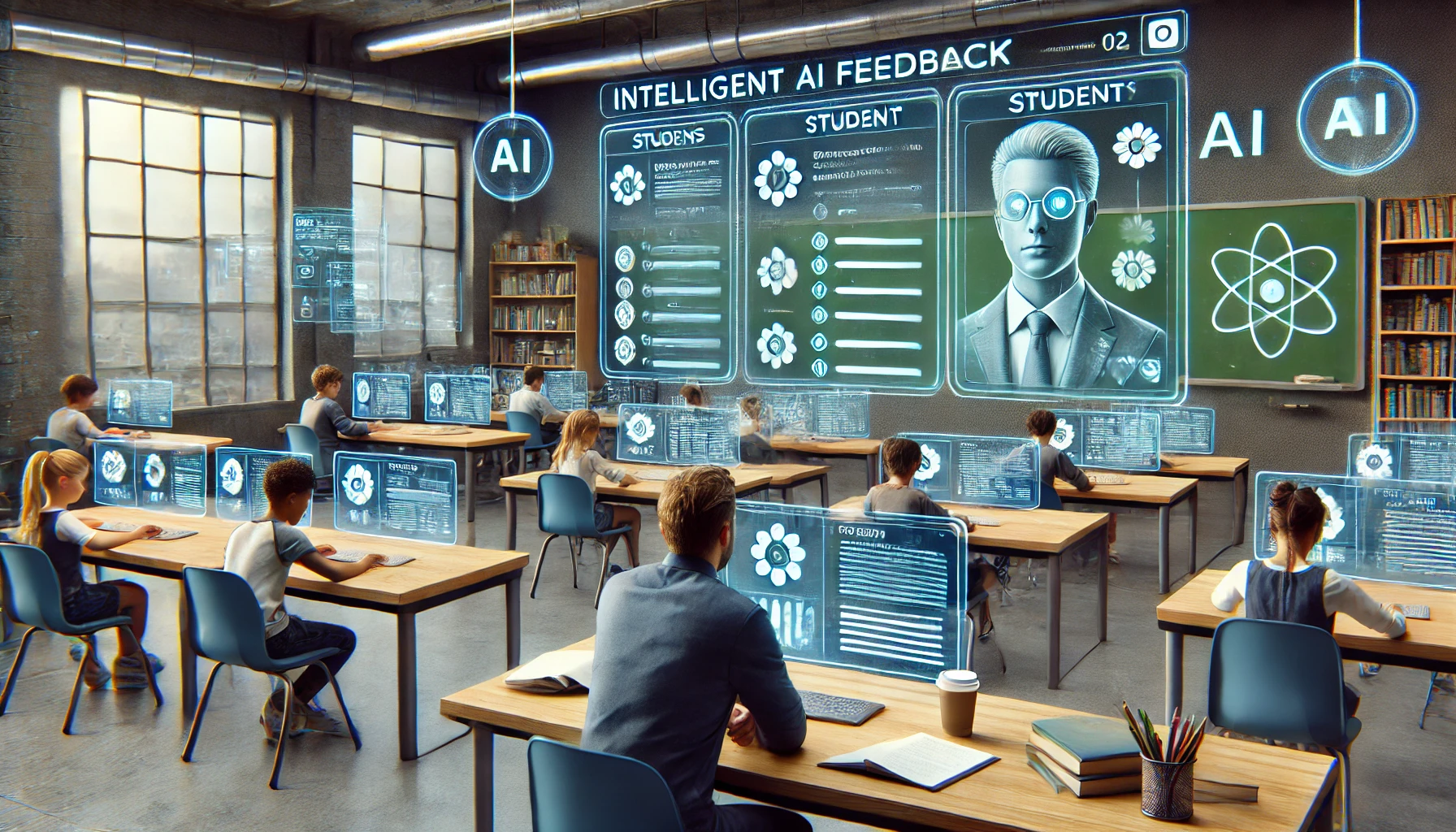AI in the Classroom: Revolutionizing Assessment with Intelligent Grading and Feedback Tools

The Rise of AI in Education
It’s official: robots are taking over the classroom—well, kind of. AI-driven grading systems are making waves in the world of education, and for good reason. Imagine a system that not only grades student papers instantly but also provides personalized feedback. No more nights spent drowning in a sea of ungraded essays. Teachers everywhere are breathing a sigh of relief as AI tools step in to help lighten the load, leaving educators free to focus on what really matters—helping students grow.
How Does AI Grading Work?
You might be wondering how these magical tools work. Essentially, AI-driven systems use machine learning algorithms to analyze student submissions. These systems are trained on countless examples of graded papers to identify patterns and assign grades based on the criteria provided by teachers. But here's the kicker—AI goes beyond simple right or wrong answers. It dives deep into grammar, structure, and even the quality of arguments in essays. The result? Faster grading, more detailed feedback, and teachers who actually have time to eat lunch!
Personalized Feedback at Lightning Speed
One of the most exciting aspects of AI grading tools is their ability to offer personalized feedback. Instead of vague comments like 'good job' or 'needs improvement,' AI tools give detailed insights into where a student is excelling and where they need more work. For example, an AI system can tell a student exactly why their thesis statement is weak or how their argument could be stronger. It’s like having a personal tutor available 24/7—except this one doesn’t need coffee breaks. This level of personalization helps students learn faster and makes teachers feel like superheroes.
Challenges and Concerns: Can AI Really Replace Human Graders?
While AI grading tools sound like a dream come true, not everyone is convinced. Critics argue that no algorithm can match the nuanced understanding of a human grader, especially when it comes to assessing creativity, tone, or emotion in student work. And let's not forget the potential for bias—AI systems are only as good as the data they're trained on, which means they can unintentionally perpetuate existing biases if not carefully monitored. Despite these concerns, many educators agree that AI can be a powerful tool when used in conjunction with human oversight.
What Does the Future Hold?
As AI tools continue to evolve, the potential for even more advanced grading and feedback systems is on the horizon. In the future, we might see AI that can assess creative writing, art, and even music, offering feedback that is both insightful and nuanced. For now, AI grading systems are making a big difference in classrooms around the world, helping teachers reclaim their time while giving students the personalized support they need to succeed. It’s not about replacing teachers—it’s about giving them superpowers.
Will AI Grading Ever Fully Replace Teachers?
So, what do you think? Will AI-driven systems take over entirely, or will they remain a helpful sidekick to the human touch in education? Share your thoughts below!



